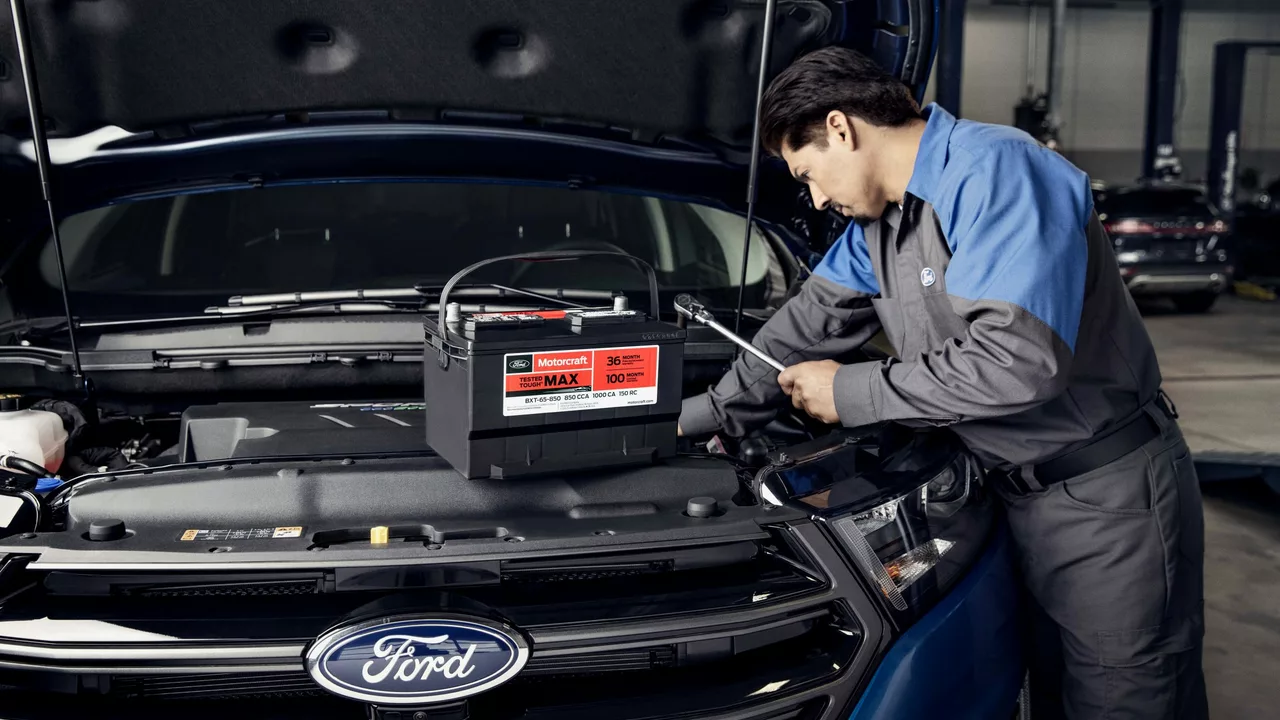Car Battery Health: Quick Tips for Everyday Drivers
Got a car that won’t start on a cold morning? Chances are the battery’s feeling the strain. You don’t need a garage full of tools to keep it happy – a few easy habits can add years to its life. Below we break down the basics, from a fast check at the pump to simple habits that stop wear before it starts.
How to Test Your Battery
First thing’s first: know whether your battery is still good. Most auto parts stores will test it for free – just pop the battery onto the tester and walk away with a green or red light. If you’re at home, a multimeter does the trick. Set it to 12 volts, and you should see a reading between 12.4 and 12.7 when the engine’s off. Below 12.2? That’s a warning sign.
Another quick trick is the “headlight test.” Turn on your high beams; if they look dim, the battery may be low. And if the car cranks slowly, that’s another red flag. These simple checks catch problems before they leave you stranded.
Boosting Battery Longevity
Once you know the battery’s okay, keep it that way. Clean the terminals regularly – a little baking soda and water will dissolve corrosion. Tighten the clamps so the connection stays solid.
Temperature is the battery’s biggest enemy. In summer, the heat can evaporate fluid inside sealed batteries, while winter makes the chemical reaction sluggish. If you park outside, consider a battery blanket in winter or a shade cover in summer. It’s a small investment for big payoff.
Short trips are sneaky killers. A five‑minute drive never fully recharges a battery, so try to combine errands into one longer ride. If you’re only using the car for short trips, a trickle charger can keep the charge topped up without overcharging.
Finally, check the alternator. A healthy alternator should keep the battery between 13.8 and 14.5 volts while the engine runs. Too low and the battery will drain; too high and it can overcharge. A quick voltage test with a multimeter while the engine runs tells you everything you need.
By adding these habits to your routine, you’ll notice fewer dead‑battery mornings and a longer‑lasting power source. A healthy battery not only starts your car; it powers lights, electronics, and safety systems, so taking care of it pays off in more ways than one.
Remember, a battery isn’t a set‑it‑and‑forget‑it part. Treat it like any other piece of gear: check it often, keep it clean, protect it from the extremes, and it’ll repay you with reliable starts for years to come.
Is it bad to not start your car for a week?
- Thomas O'Reilly
- Jul 22 2023
- 0 Comments
In exploring whether it's bad to not start your car for a week, I found it's generally not harmful. However, it can depend on factors like your car's age and battery health. Older vehicles or those with weaker batteries might have trouble starting after being idle for a week. Long periods of inactivity can also cause other issues, like tire flat spots. But for most modern cars, a week of no use shouldn't cause significant problems.
View More